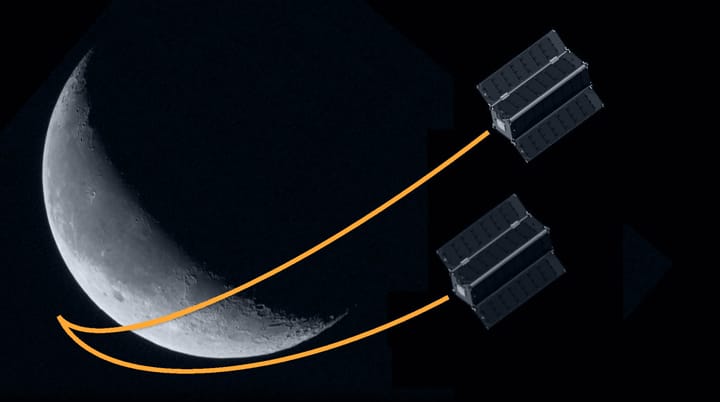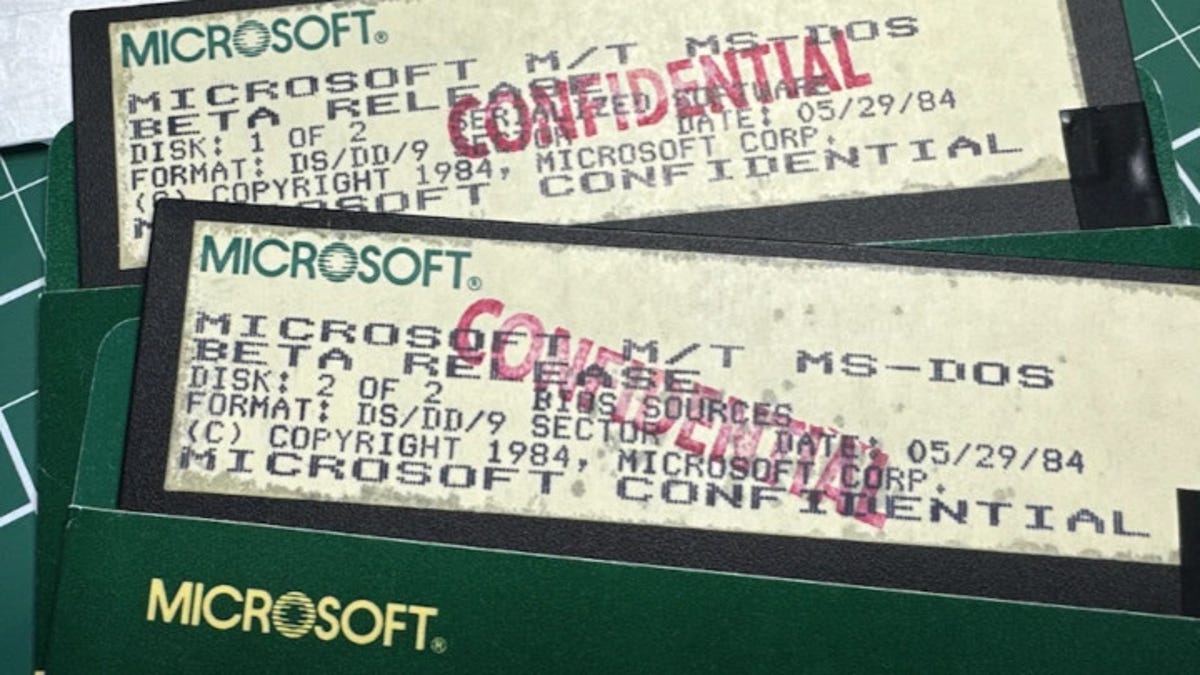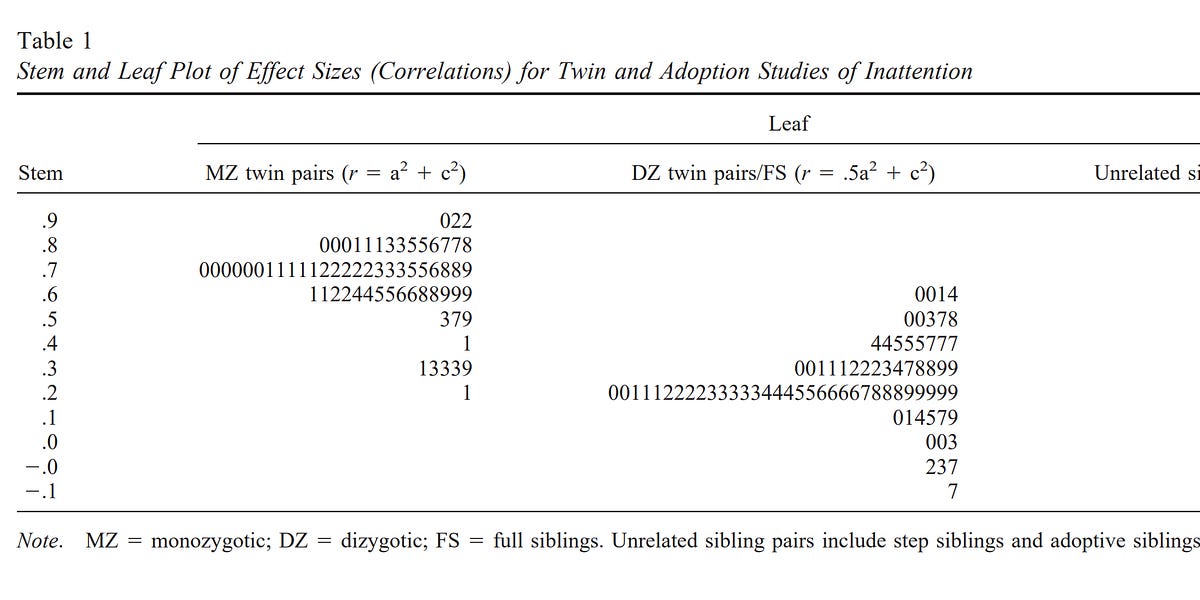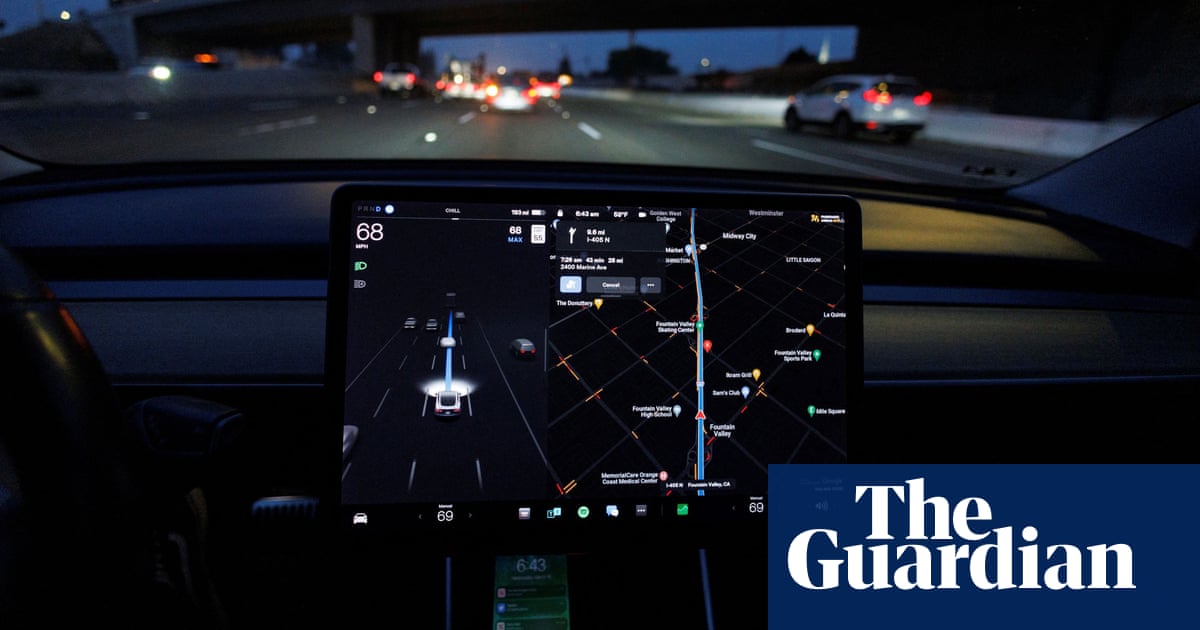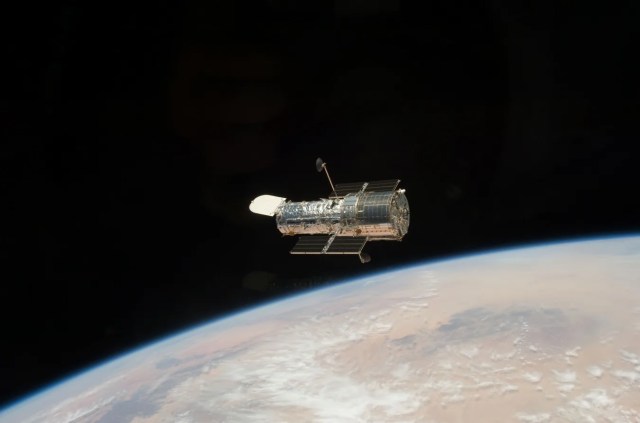
The Calls for More Progress on Space Governance Are Growing Louder
The International Space Station's JEM Small Satellite Orbital Deployer prior to launching three CubeSat investigations sponsored by the Japan Aerospace Exploration Agency (JAXA), August 2022
A missile lifted off from a base in northwest Russia on a November morning in 2021. It hit its target several minutes later: a dead Russian satellite that had been orbiting uselessly since the 1980s. The Russian minister of defense applauded the precision of the missile test as “worthy of a goldsmith.”
But the satellite didn't just vanish. It blew into hundreds of pieces of debris—solar panels, antennas, chunks of metal—that were now whipping around the Earth at thousands of miles per hour. NASA woke the astronauts on the International Space Station and told them to evacuate into their docked space capsules as the debris shot past. At last count, several hundred trackable pieces of that satellite were still in orbit.
Space may seem infinite, but the narrow band that hugs the Earth, where satellites and space stations operate, is not. A recent RAND study described it as congested, contested, and littered with debris. Tens of thousands of additional satellites are scheduled to launch in the next few years, the vanguard of a new space era. Existing space treaties won't be enough to keep them safe, to prevent crowding and collisions, and to preserve the promise of outer space.




